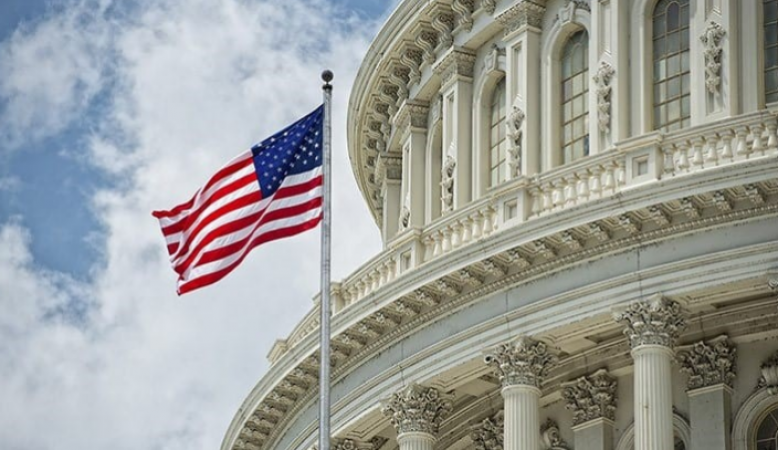
Seoul: An apparent change in the external economic policy of South Korea's new government has stalled several efforts launched by administrations in Russia and China. While the change reflects emerging circumstances such as Russia's invasion of Ukraine.
The sudden sea change accompanied by a change of leadership has come at the cost of increased government funding, time and effort. Under the Moon Jae-previous administration, an ambitious plan was drawn up to build power grids spanning South Korea, China, Japan, Russia and Mongolia.
The plan was for Northeast Asian countries with high energy demands to be able to access wind and solar power, as well as natural gas, from the resource-rich eastern parts of Siberia and Mongolia. The prospects were discussed at the 2017 Eastern Economic Forum in Vladivostok, Russia, attended by Russian, South Korean, Japanese and Mongolian heads of state. The plan was supported by both the demand and supply sides as it met their needs.
South Korean and Chinese officials also met to discuss the possibility of economic cooperation with China's northeastern province of Liaoning, which borders North Korea.
It was part of Moon's "New Northern Policy", which sought stronger economic ties with Russia, Central Asian countries and north-eastern China.
According to the Government Policy website, the previous administration established a Presidential Committee for the Initiative in 2017, which aimed to lay the groundwork for cooperation with North Korea and Russia on logistics, the prospect of a free trade agreement with the Eurasian Economic discover. Union (EAEU), and examining opportunities in China's overseas infrastructure project, known as the Belt and Road Initiative. The EAEU is included in Russia, Armenia, Belarus, Kazakhstan and Kyrgyzstan.
As the Moon administration's relations with North Korea deteriorated, such plans were put on hold. However, they are now completely derailed due to the administration of Eun Suk-yol, which takes a harsh stance towards North Korea. The outbreak of the Kremlin-led war in Ukraine in March as well as Korea's adoption of sanctions against Russia all played a part.
The Northeast Asia power-grid plan certainly lost its campaign," a South Korean government source told the Post, while also acknowledging that policy changes are inevitable given the five-year term of Korea's president. Events were also held to examine the role of Korean businesses.China's Greater Bay Area Initiative, which aims to create an integrated economic and business center with Hong Kong, Macau and nine southern Chinese cities.
Such forms of cooperation have lost traction as a result of the Yun administration's intentions to strengthen ties with the United States and its allies, as the rivalry between the world's two largest economies shows no signs of diminishing.
This policy shift towards the United States has also naturally resulted in economic policy alignment.
Korea has joined US-led initiatives such as the Indo-Pacific Economic Framework and the Minerals Security Partnership, which aim to reduce dependence on China for key resources and commodities through the development of alternative supply chains.
The Yun administration is now striving to strengthen economic ties with Europe and Australia to diversify trade from China, Korea's biggest trading partner, which will account for 25% of the country's exports in 2021.
Yoon met with various heads of European states during his visit to Spain for a NATO meeting to boost Korea's chip-making and nuclear power capabilities, as well as the country's defense industry and green-energy sector.
Choi Sang-mook, the president's secretary of economic affairs, drew attention to his remarks at a press briefing on the sidelines of the NATO meeting, reflecting the government's stance towards China. "The era of rapidly increasing exports through China in the last 20 years is coming to an end." There is a need for substitute markets and diversification.
Saudi Arabian leaders meet with Biden over bilateral ties
US Liable for $2 Trillion in Global Economic Damage from Climate Change-Driven Pollution
Food, fuel crisis focuses at West Asia Quad summit: US